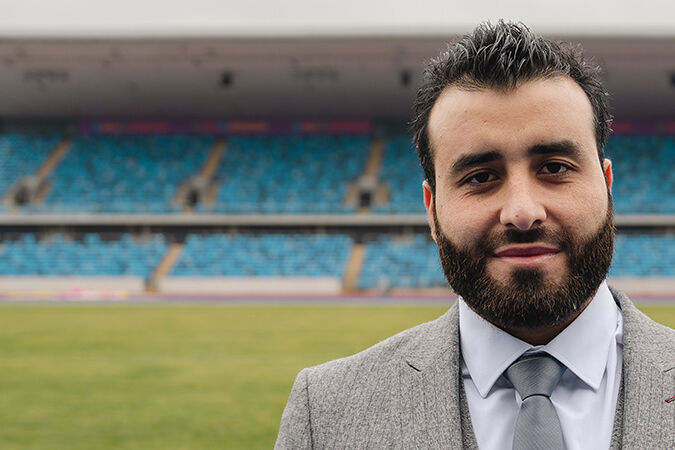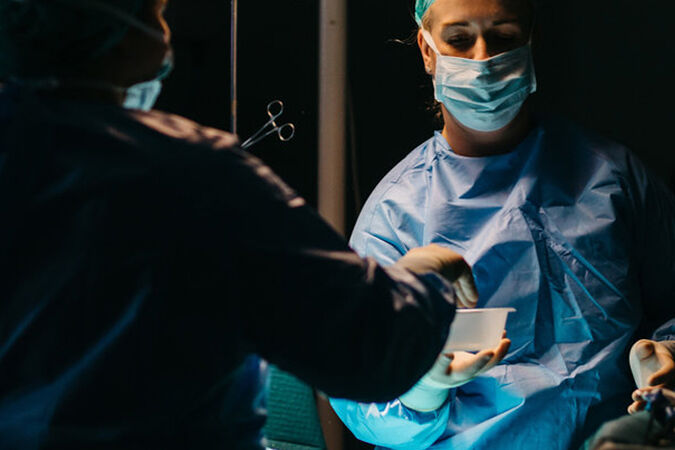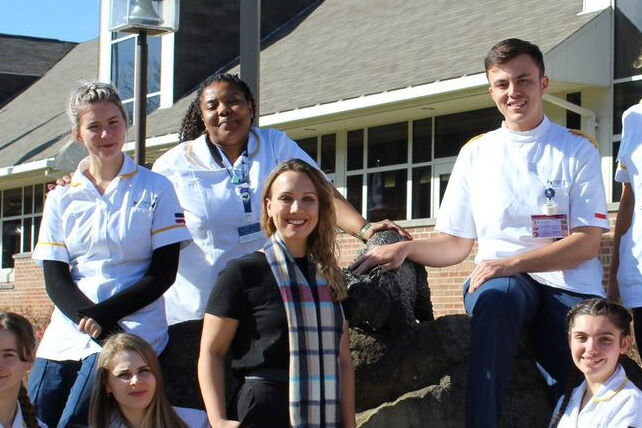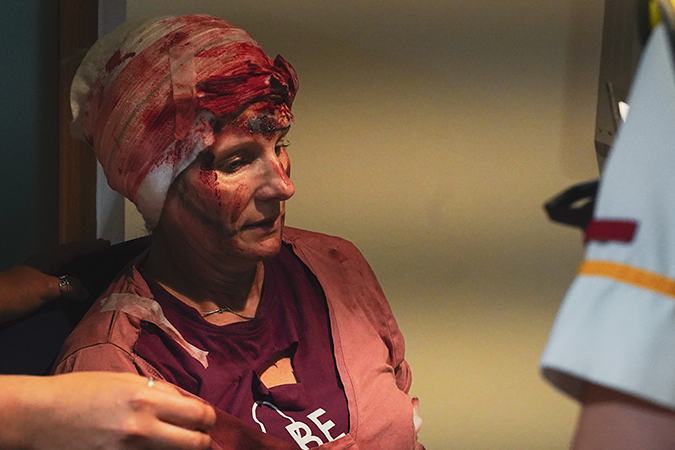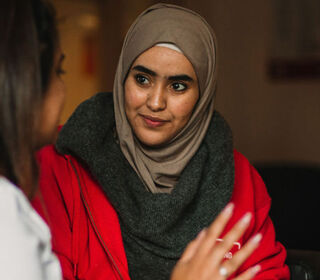
Blog

March is Endometriosis (endo) Awareness Month. First, I’m supposed to tell you about the near decade long delay those with the condition still face. Then, I’m supposed to tell you how common it is with 1 in 10 ciswomen living with endo (to date, research has only been conducted with cis women).
Despite how common it is, very few people know what endo is (see BCU PhD student’s Amie Randhawa’s hot-off-the press study). Finally, I’m supposed to tell you that endo symptoms – of severely painful periods, heavy menstrual bleeding, painful intercourse, and infertility – can be not only extremely debilitating, but are often suffered in silence because you’re not supposed to talk about them openly.
But women with endo, endo researchers and endo health specialists have said all these things, each awareness month since the first one back in 1993 (and probably earlier). Despite this, there’s been relatively little progress in general awareness, treatment breakthroughs or care experiences. So we need to start asking why…
Here at BCU, Professor Emeritus Elaine Denny first captured women’s endo stories in the UK, and their experiences of diagnostic delay and having health practitioners dismiss their symptoms as ‘typical menstrual pain.’ Nearly twenty years later, Denny and I did a study on women’s endo treatment experiences and Denny reflected that we were hearing the same stories of women “feeling desperate” for symptom relief and feeling disbelieved by health practitioners. I did a recent study with clinicians; they confirmed that women with endo symptoms come to them after being routinely “fobbed off” and not having their symptoms investigated seriously. Another BCU study, from Gemma Williams, showed women with disabilities/chronic conditions use period tracking apps in an effort to have their accounts of menstruation-related symptoms believed by health practitioners.
Social endo research still hasn’t even adequately captured the experiences of women of colour or those from the trans and non-binary community with endo. All existing knowledge about health inequalities shows they face an even bigger uphill battle with diagnosis and treatment. We collaborate with Cysters who do good work in this area, and founder of the organisation, Neelam Heera, will be doing a talk for BCU and our Endometriosis Social Research Network on 31 March 2021 and we invite you to please come along.
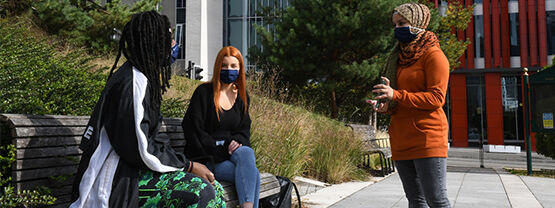
The dismissal and disbelief of women’s own accounts – of their experiences and of their bodies and of their symptoms – resonated more than ever this month. We saw Meghan Markle’s brave admission of suicidal thoughts and experiences of racism disbelieved for media fodder. And after the murder of Sarah Everard, we saw countless women sharing their experiences of sexual assault in an effort to have the fear of male violence believed.
So returning to the question of why there’s been no real progress with endometriosis care, one of the key reasons is because, simply put, we don’t believe women. Until we address this underlying reality, endo awareness month will be a repetition of women’s trauma and pain instead of being an opportunity to show improvements in diagnosis and treatment.
Thank you to Gemma Williams for help with how to close this blog; #YouMakeMeWantToDismantleThePatriachy
Finally, please visit Endometriosis UK for information about the condition and for what to do if you suspect you have it.

